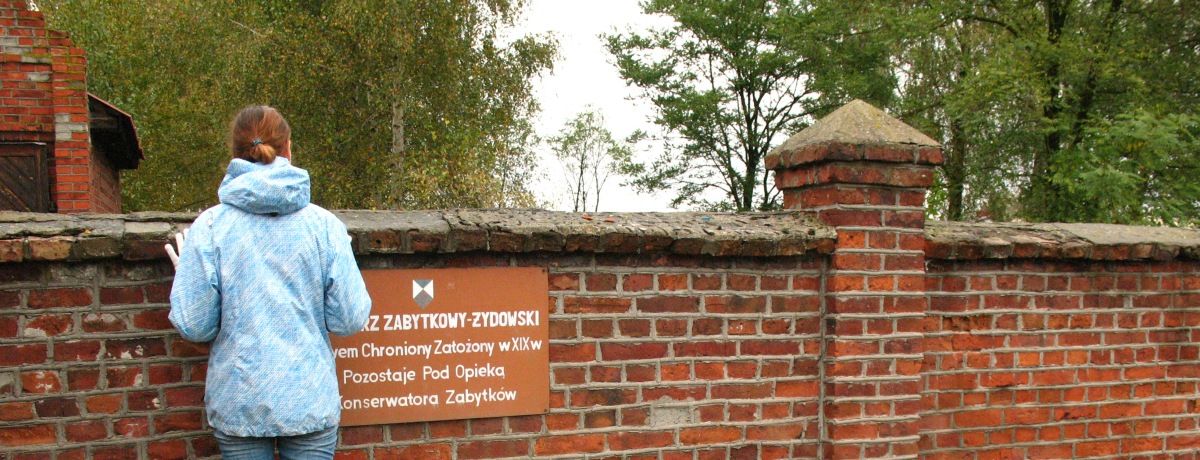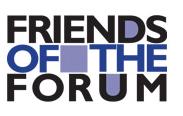Łowicz
Nicolaus Copernicus High School No 2


Łowicz was famous for its annual fair. Many Jewish merchants would come to the town for the few weeks long events. They rented flats to stay over or even a whole tenement house where they could also pray. Jews were coming to Łowicz already in the 16th century, but only at the end of the 18th century they received permission to settle in the town. They inhabited the Jewish district, within the limits of Bielawska, Podrzeczna, Wałowa, Długa and Piotrkowska Streets. They also occupied the town center, mainly the Zduńska Street. Like in many shtetls, they were mainly merchants and craftsmen, and the majority of them were tailors, bakers and goldsmiths. At the beginning of the 20th century, they became pioneers in industry and established steam mills, food processing facilities, farm machinery plants and fertilizer manufacturing facilities in Łowicz. Jewish education developed dynamically. In 1864 Szyja Kronenberg opened the first book shop in Łowicz. Thirteen cheders operated in the town, lectures and courses were organized, libraries were opened.
A weekly Jewish magazine “Mazowszer Wochenblat” had been published in Łowicz from the 1920s. Just before the outbreak of the World War 2, Łowicz was inhabited by 4,500 Jews who constituted 25% of the total population. The ghetto was set up in the fall of 1940. Jews from Łowicz were taken to the Warsaw Ghetto in 1941 and the last transport was organized in the fall of 1942.
The students from Mikołaj Kopernik High School in Łowicz were to learn all this at the School of Dialogue workshops. But not through lectures, but by drawing a map of the pre-war town, looking at old photographs, preparing a walking tour around Jewish Łowicz. When the Forum for Dialogue educators began workshops on September 25, it turned out that students did not know each other’s names that well after 3 weeks at a new school.

It was therefore a wonderful opportunity for them to integrate, and despite the initial shyness in front of the educators and each other, they managed to actively participate in the activities. Some of the students showed a great interest in the Jewish issues and came to the first meeting with interesting materials, copies of photos and documents from the Jewish period in the history of Łowicz.
During subsequent workshops in October, to the surprise of the educators, students got very close to one another. The workshops proved effective in integrating the group, and the students worked well together to prepare the project. In between workshops, the high school students from Łowicz searched for information about the Jewish history of Łowicz. They did not limit themselves to the Internet or the library; they also asked their parents, grandparents and neighbors about “those times”.
At the third workshop, the walking tour following the footsteps of Jews from Łowicz was organized. The students talked about different sites in the town related to the Jewish history and culture: about the wooden synagogue in Zduńska Street and the brick one that was built later at the same spot. About the Jewish school in Browarna Street, about a house on the same street that has a trace of a mezuzah, and about the cemetery in Łęczycka Street. Today they know a lot about their town and they feel happy because they can take their parents, grandparents or friends on the tour. They can be tour guides, experts on the Jewish history of the town, initiators of a local change, leaders. Thanks to the School of Dialogue program, they became aware of what they can achieve together and that uncovered talents combined with knowledge and skills can bring surprising results.

School:
Nicolaus Copernicus
High School No 2
Students:
1st and 3rd year students
Teacher:
Agnieszka Pawłowska
Expert:
Jakub Petelewicz
Educators:
Jagoda Jabłońska, Milena Łuszczyk
Program co-financed from the funds granted by The Rothschild Foundation Europe.

In appreciation to Friends of the Forum for supporting the School of Dialogue educational program.
